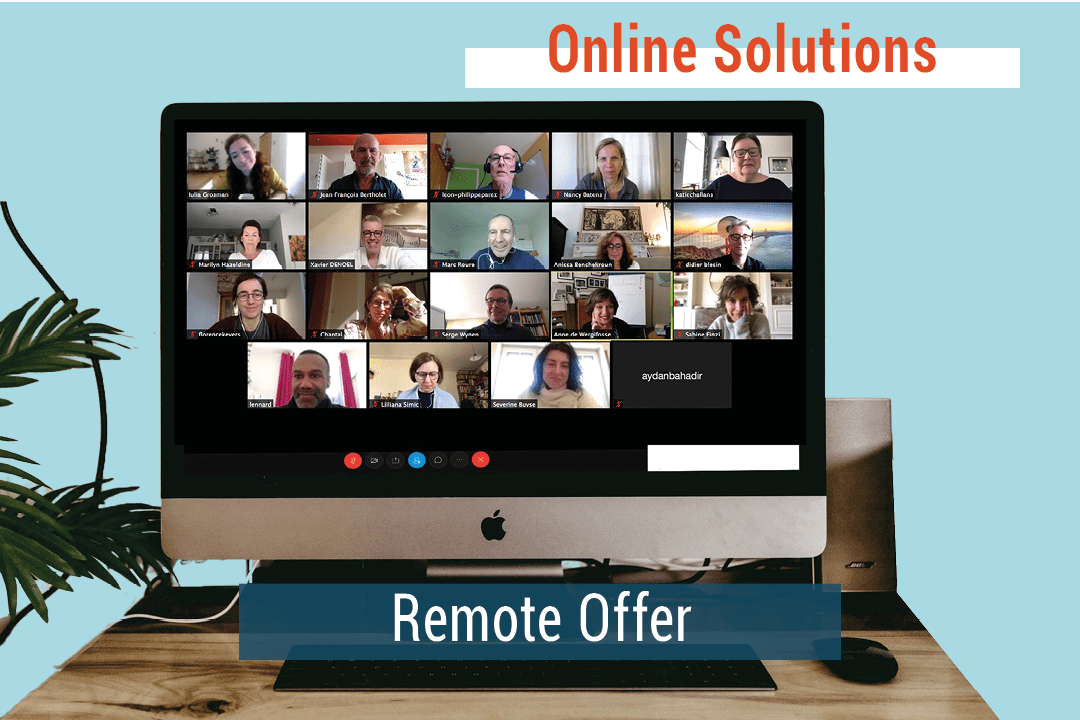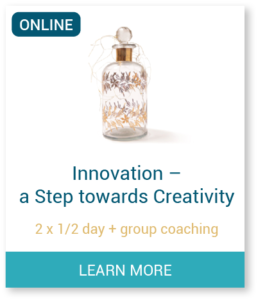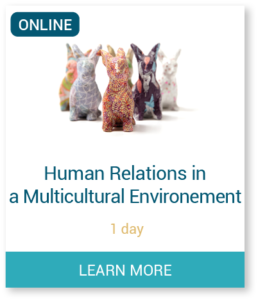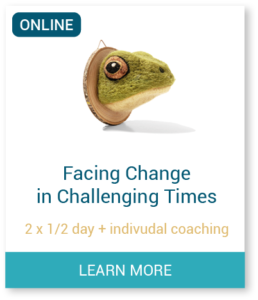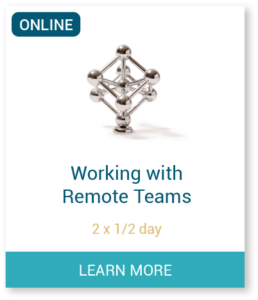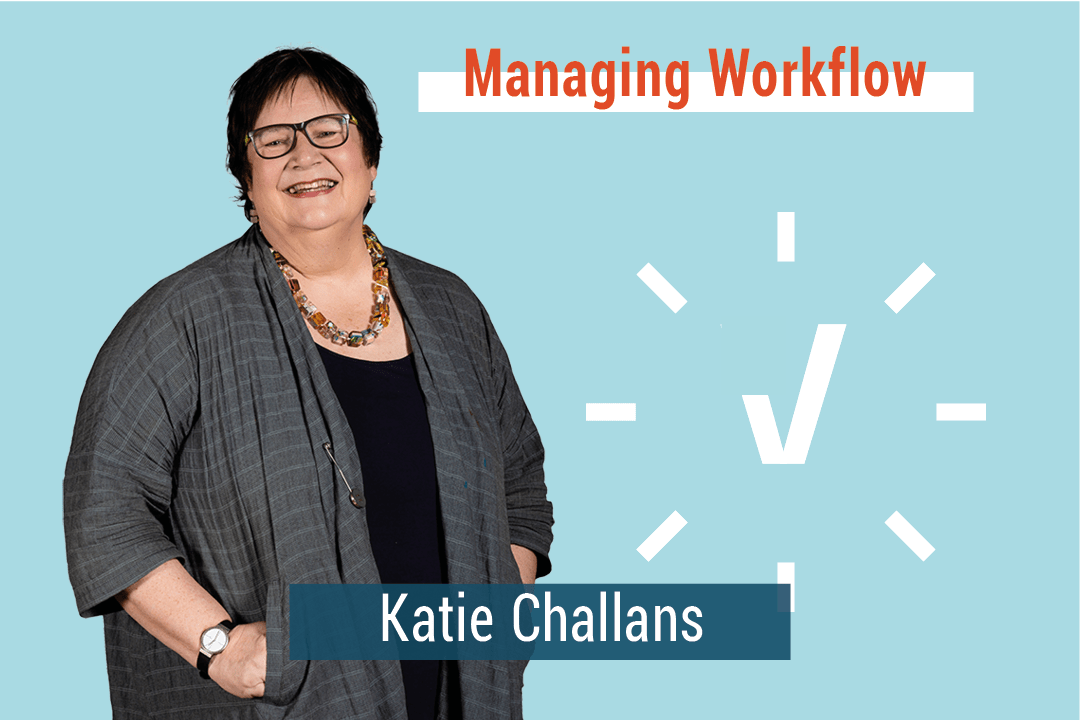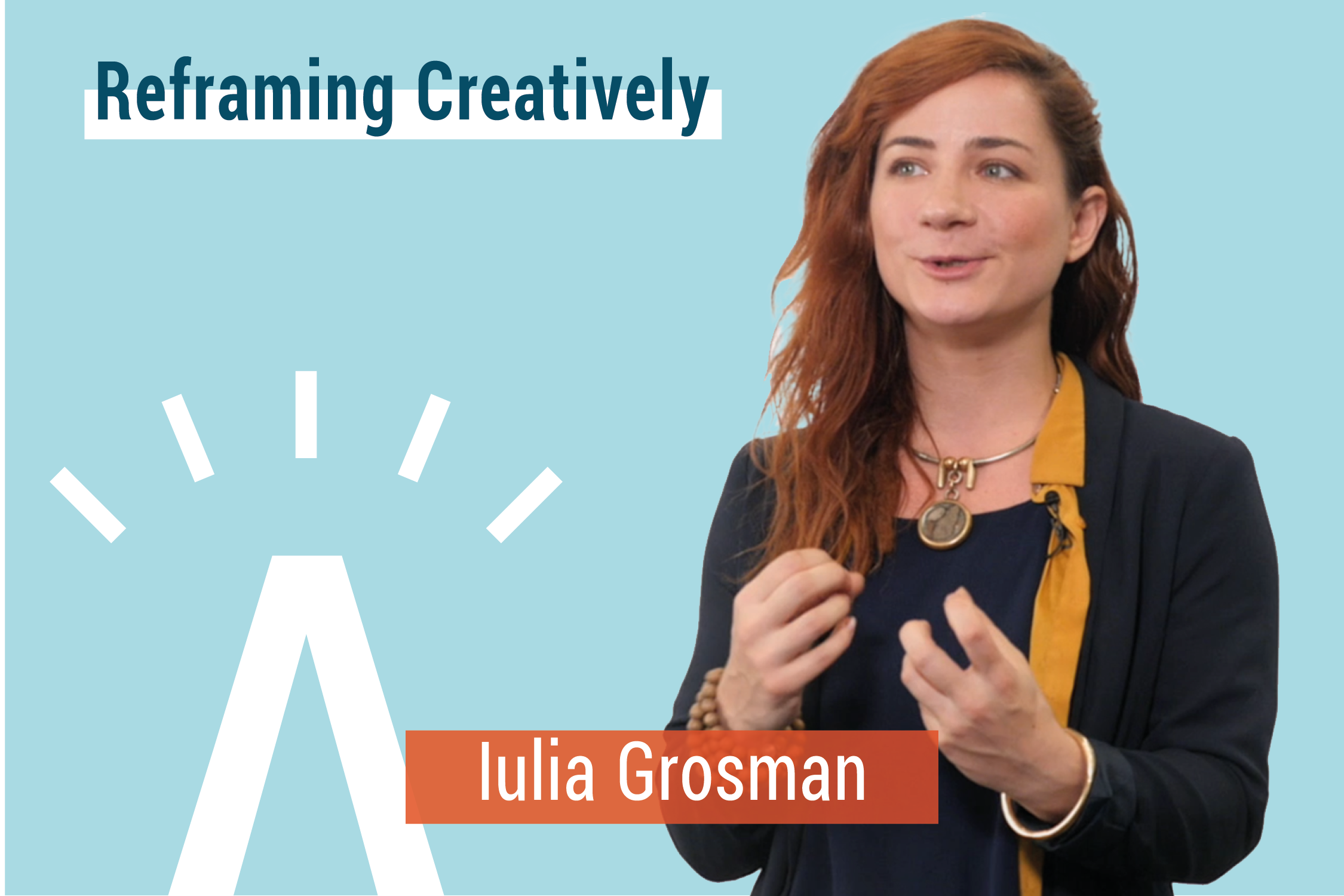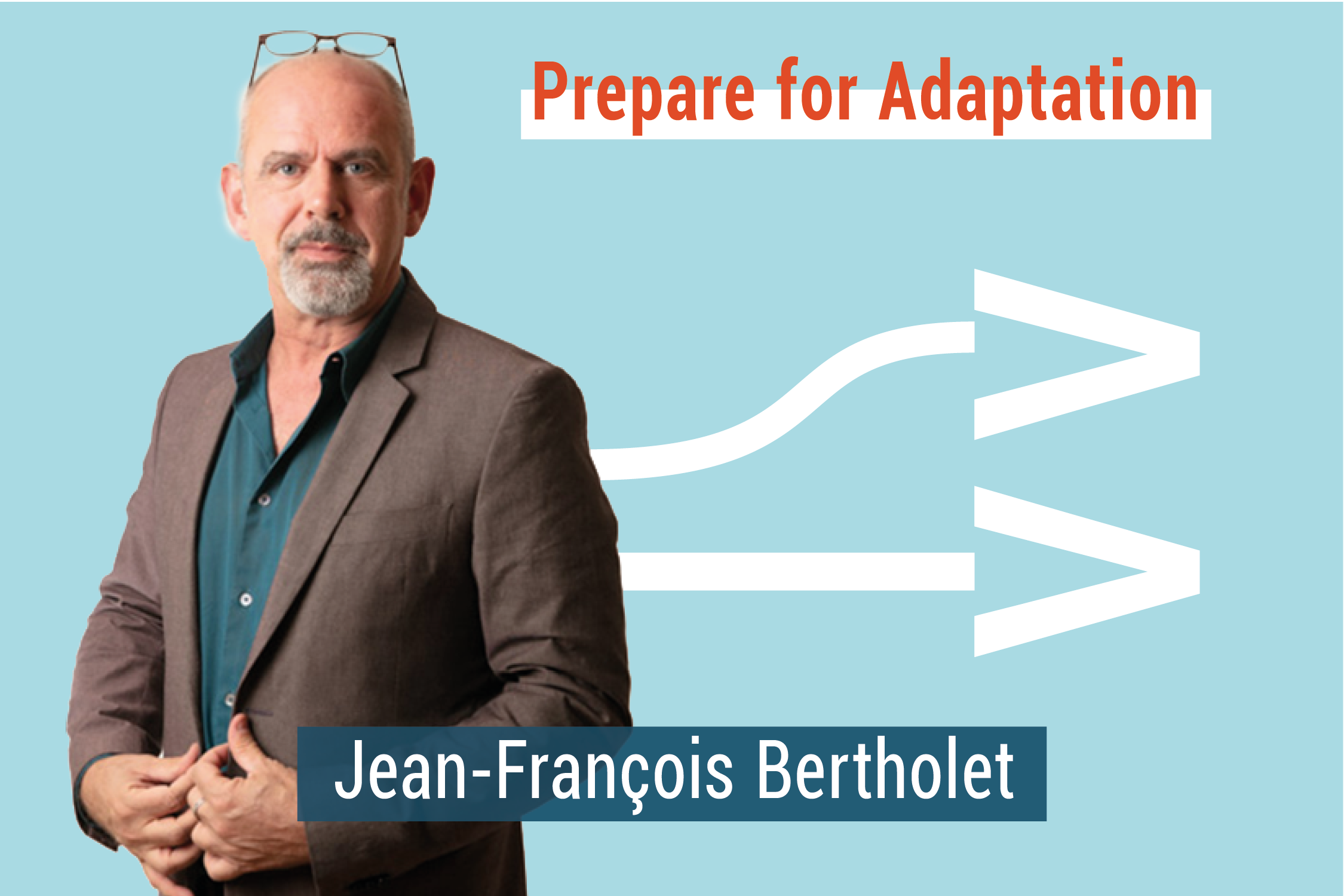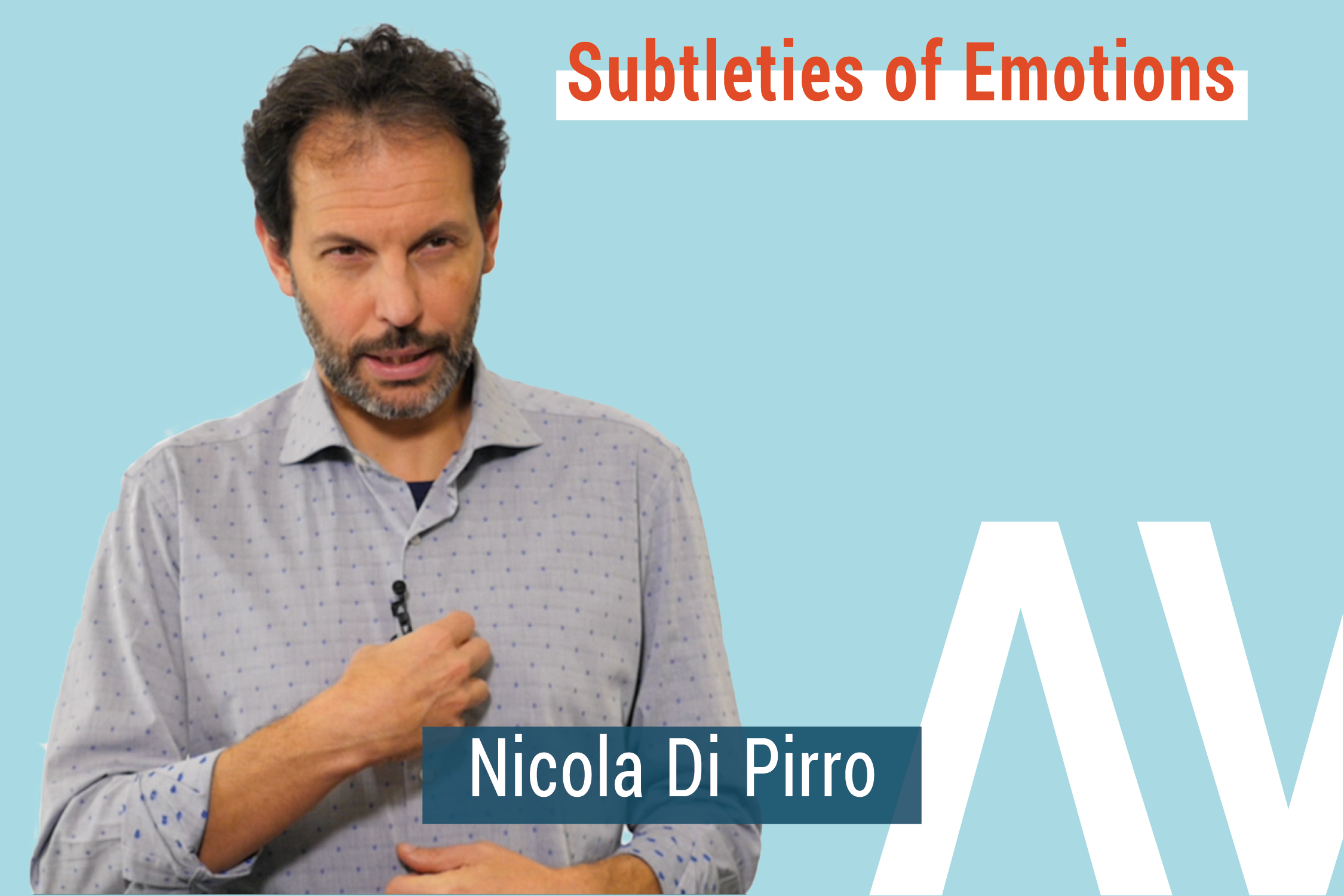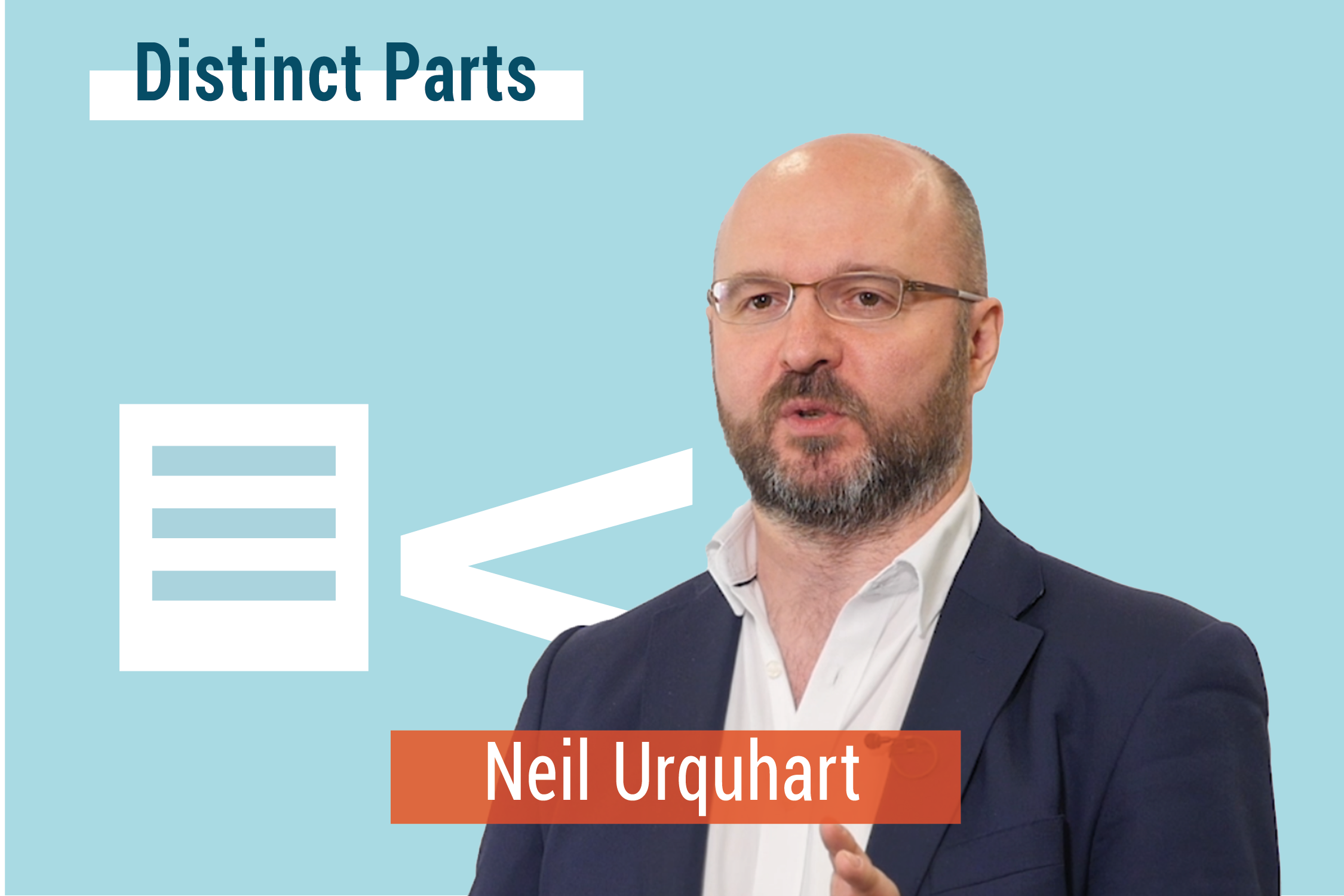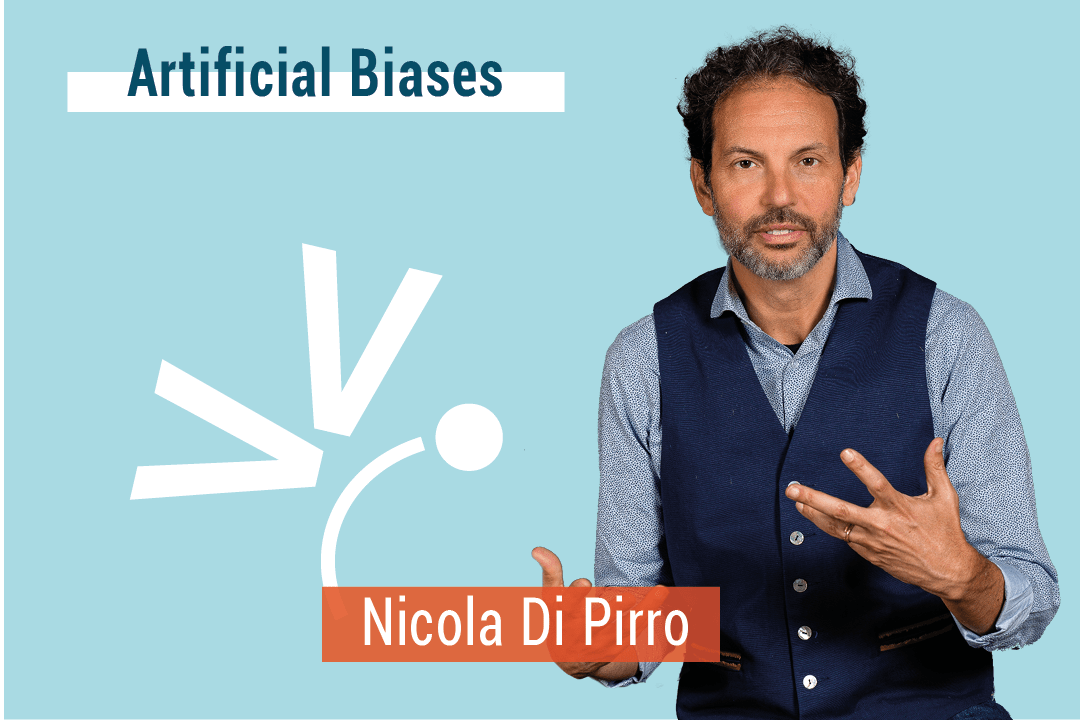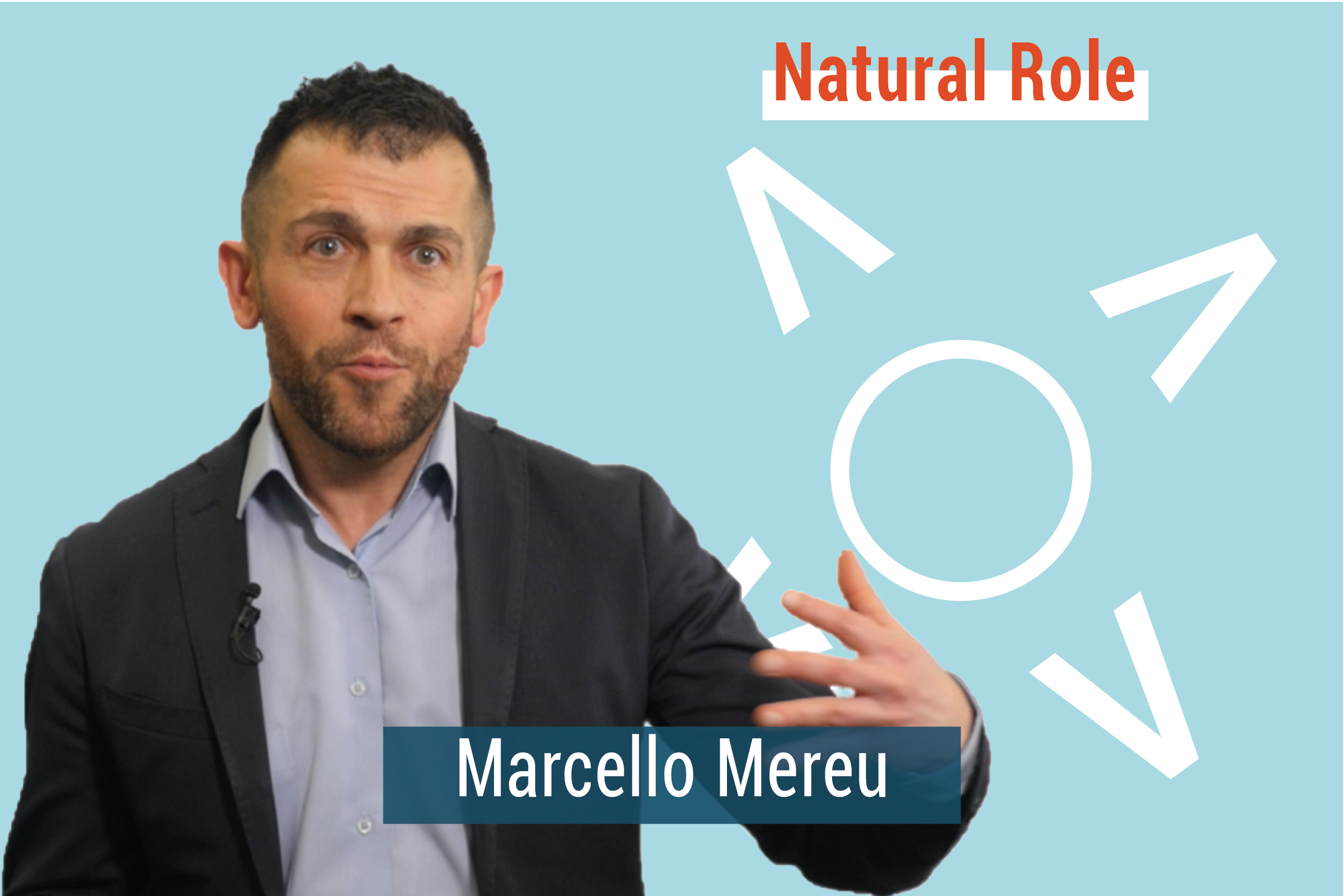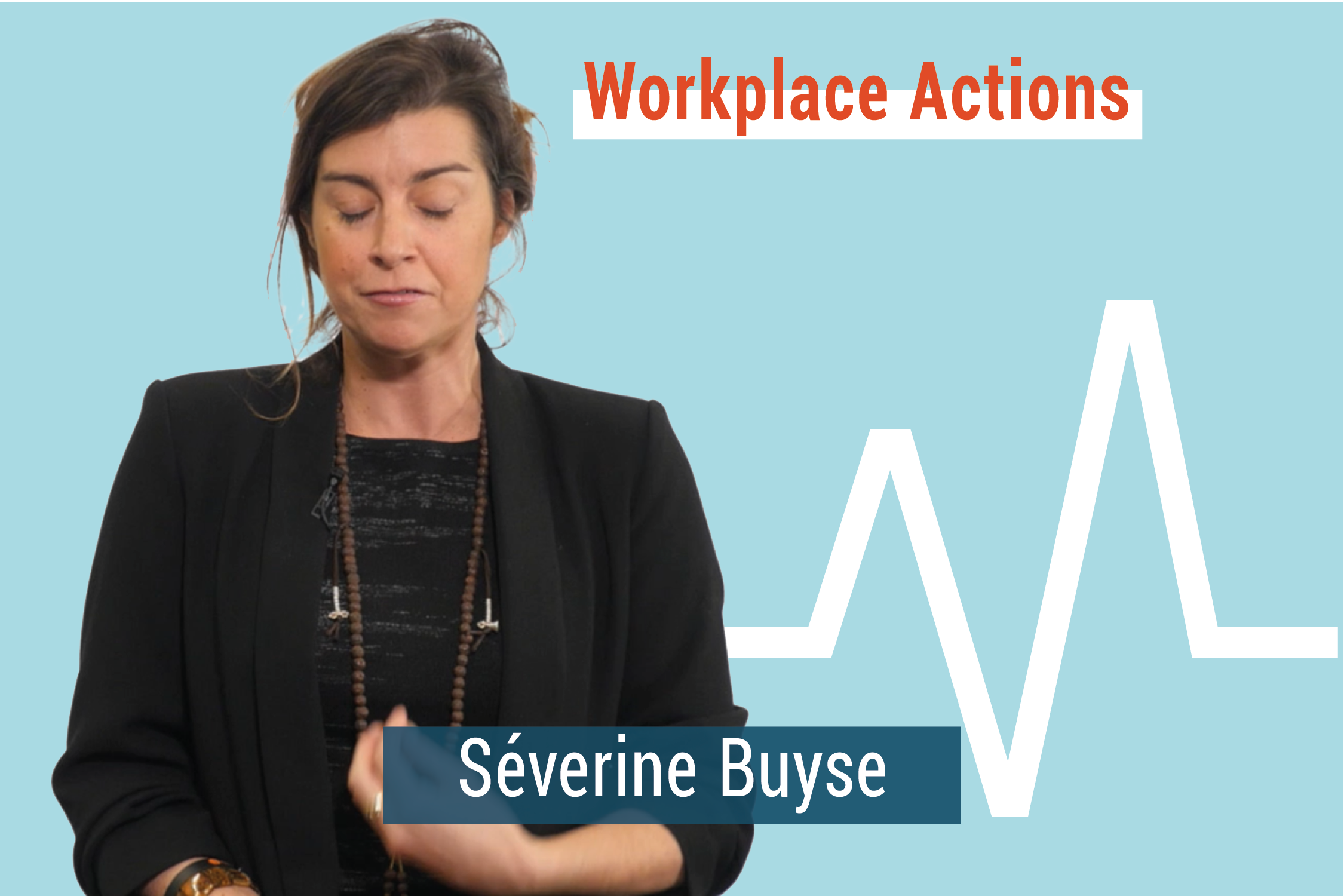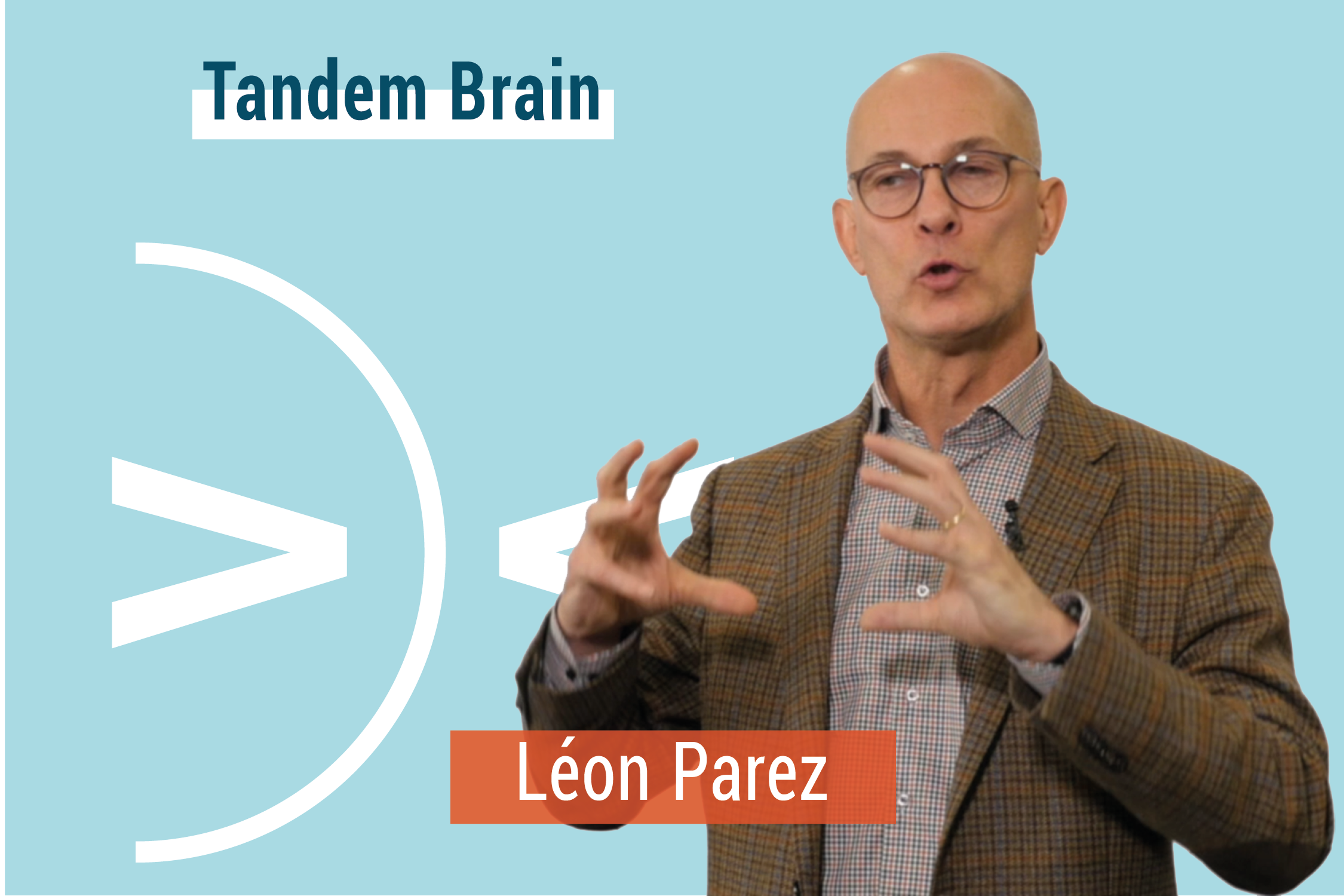
Rethinking a problem draws on two different strains of thought. On the one hand a very precise analysis of the problem is required to know what the problem even is and how it needs to be tackled. On the other hand, creative input is essential in order to open up less conventional, potentially more effective ways out of the problem. Effectively rethinking a problem therefore requires you to stimulate both halves of your brain to act in tandem to come up with a tangible solution.
There are several questions that need to be answered with precision before tackling a problem. These include the exact nature of the problem, who the stakeholders in the problem are, and what avenues of action the various stakeholders have. This type of precise problem analysis can be practiced by analysis existing cases, or by engaging in exercises of mental, intellectual, and even physical problem solving.
Finding, knowing, and being able to creatively assess the tools you can use in this case is a vital skill to have. This all should help you to creatively rethink the problems you are confronted with.
Who is Léon?
Léon Parez is one of our key trainers at AIM & Associés. He delivers the Analysing and Solving Problems training course as well as its online version at the European School of Administration, . “Learning and Sharing” is his vital passion: he delivers Collective Thinking for the European Institutions, agencies and bodies.
